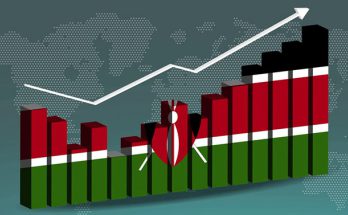 JOHANNESBURG – According to Marius Keet, Department of Water and Sanitation (DWS) Acting Provincial Head – Government and regulators should promote a regionally integrated approach to mine water treatment.
JOHANNESBURG – According to Marius Keet, Department of Water and Sanitation (DWS) Acting Provincial Head – Government and regulators should promote a regionally integrated approach to mine water treatment.
He emphasised that a lack of a regional approach to the management of mine water which is a key challenge in South Africa, he was speaking at the Science Business Society Dialogue Conference on Linking Science, Society, Business and Policy for the Sustainable Use of Abandoned Mines in the Southern African Development Community Region, in Johannesburg. Instead of mine water treatment actions being conducted in silos, with each mining company conducting its own treatment studies and building smaller water treatment plants, an integrated approach will allow for regional water treatment works that deal with the regional challenges, such as acid mine drainage, he noted.
“Water doesn’t see boundaries – provincial, mining or geological,” Keet said, suggesting that the regional challenges and regulations for water treatment could be dealt with in the water use license conditions of the mines. Of the 1 654 operational mines in South Africa, 518 mines have water use licenses.
He observed that an integrated approach will also be more sustainable, cost-effective and, because of economies of scale, will eliminate the need for smaller plants. Meanwhile, the DWS aims to promote the move away from conventional treatment plants, such as the typical reverse osmosis systems, to passive treatment systems that can be self-sustaining.
While acknowledging that, in some cases, reverse osmosis treatment remains a primary option, he underlined the scope for other technologies. Key challenges in terms of mine water treatment highlighted by Keet include the legacies left from mining, as well as a lack of environmental laws to deal with the challenges of acid mine drainage.
Mine owners disappearing once mineral reserves are depleted, a high cost of mine water treatment and waste disposal, the sustainability of conventional mine water treatment plants, as well as perceptions on the use of treated mine water remain challenging.
“There is a perception in South Africa, that people can’t drink treated mine water. We need a paradigm shift, a mind change in people and to convince people that you can use any type of water,” he stressed, reiterating that the problem must be made a resource.



